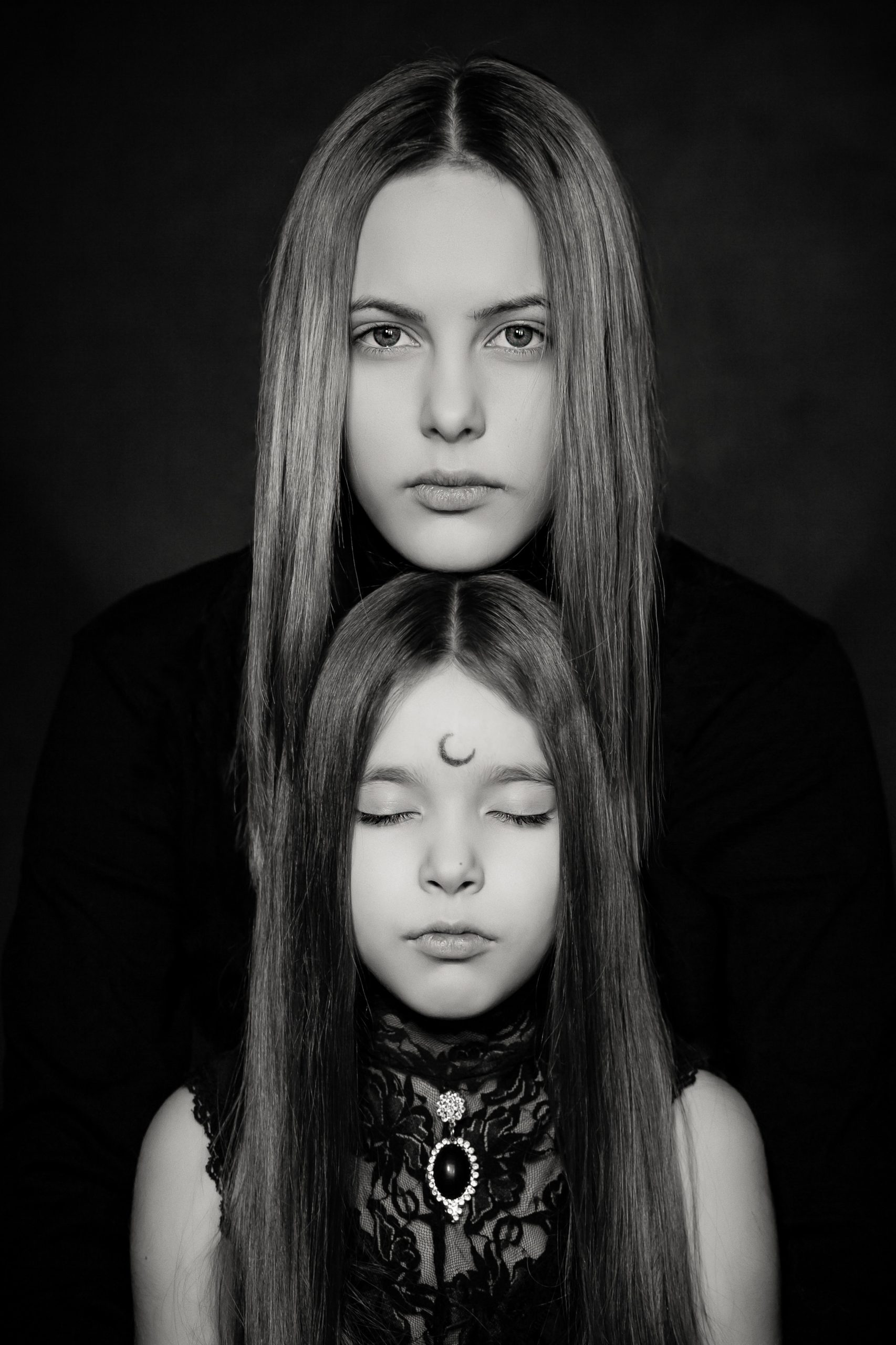A young mother’s psychological development.
I have a friend, let’s call her Jess — who, at 41 years old, is a mother of three adult children.
Jess had her first child at 17.
It was an unplanned pregnancy, but she decided to go through with it.
She ended up having two more children with the same man. They never married.
Her life up till recently has been defined by motherhood. She had to grow up fast and mature even faster because she had literal human beings relying on her for survival and well-being.
Getting close to her has been an interesting thing.
See, I don’t have many teenage mom friends, they don’t usually appear in my radar — growing up in a predominantly Muslim country.
I have since encountered more teenage moms through my training as a psychologist. It made me notice certain patterns in them, one that I would like to try and encapsulate in this article.
Please take note that these observations are more Western-centric because that is where I currently reside. It might not apply to teenage moms in non-Western countries.
They Have A Delayed Self-Exploration
Most of us explore our self-identity in our late teens and early twenties.
Daniel Levinson, an American-based psychologist, published a book called the “Season’s of a Man’s Life” in 1979. He proposed the seven stages of adulthood, first beginning with early adulthood transition (17–22 years old).
At these ages, men (and women) are leaving home and families for the first time. Being apart from the biggest force that shapes who they are, they start questioning everything — from the value system to their beliefs.
For some, it could mean partying and hooking up lots. For others, it could mean expanding their political and ideological viewpoints.
What happens to young mothers is that that phase of life is delayed because they had to instead focus their attention and energy on raising children.
Raising children is not for the faint-hearted. What’s even harder is raising children when they are still children themselves.
They have to not only figure out how to care for a child, but also figure out how to make a living so their child does not starve. While at the same time, carve out what could be a potential career pathway for themselves.
That’s a lot on one’s plate.
For Jess — it meant that she only figured out she was a lesbian at the age of 30.
Looking back, she realised that she has always liked women, but at 17, when she had her first child, she was still exploring her sexuality. So she put that side of her life on pause, and revisited it later on in life.
They Experience A Rebirth In Later Life
After the process of self-exploration, is a process of self-recreation.
Levinson (1979) calls this the “Age 30 transition”. This, as the name suggests, usually happens to people as they approach 30 years old (28–33 years old).
However, for young mothers, this process happens once their children are less dependent on them. Which is usually after their children are in their teenage years and form stronger social networks outside the family.
These young mothers, finally have time to solidify their self-identity that is not just about being a mother. They start taking steps to build a life that is aligned to that.
To illustrate, I will use another young mother as an example. Melissa, was married at 21 and had her first child at 22.
She is now 43 years old, divorced, and in the process of recreating herself.
She sold her business, one that she co-founded with her ex-husband. She’s trying to start a career as a writer from scratch. She’s focused on financial stability, with or without a man.
She started wearing more revealing clothes. She picked up the art of wining, dining & travelling. She started dating older men — men that were not usually her “type”.
Some might say she is going through a “mid-life” crisis. But I think its more of a rebirth of their new selves.
I guess it depends on which way you look at it.
They Live Their Second Life Unapologetically
Young mothers struggle a lot.
When their peers are still in college, travelling and seeing the world — young mothers are knuckling down, working hard to put food on the table. Usually earning less than their peers with college degrees.
When their peers only have themselves to worry about. Young mothers are putting their children’s needs ahead of them — mentally, physically and emotionally.
Having gone through struggles early on in life, young mothers know the value of their “second” life. That’s what they usually refer their lives after their children grow up.
So they don’t take that lightly.
They grab that opportunity by the bull’s horns and live that second life unapologetically. Whatever it means for them.
They often have this air of “not giving a damn”.
Perhaps because they have defied societal norms by being a young mother in the first place.
What a breath of fresh air.
Levinson, D. J. (1979). The Seasons of a Man’s Life.
This article was originally published on Medium.



